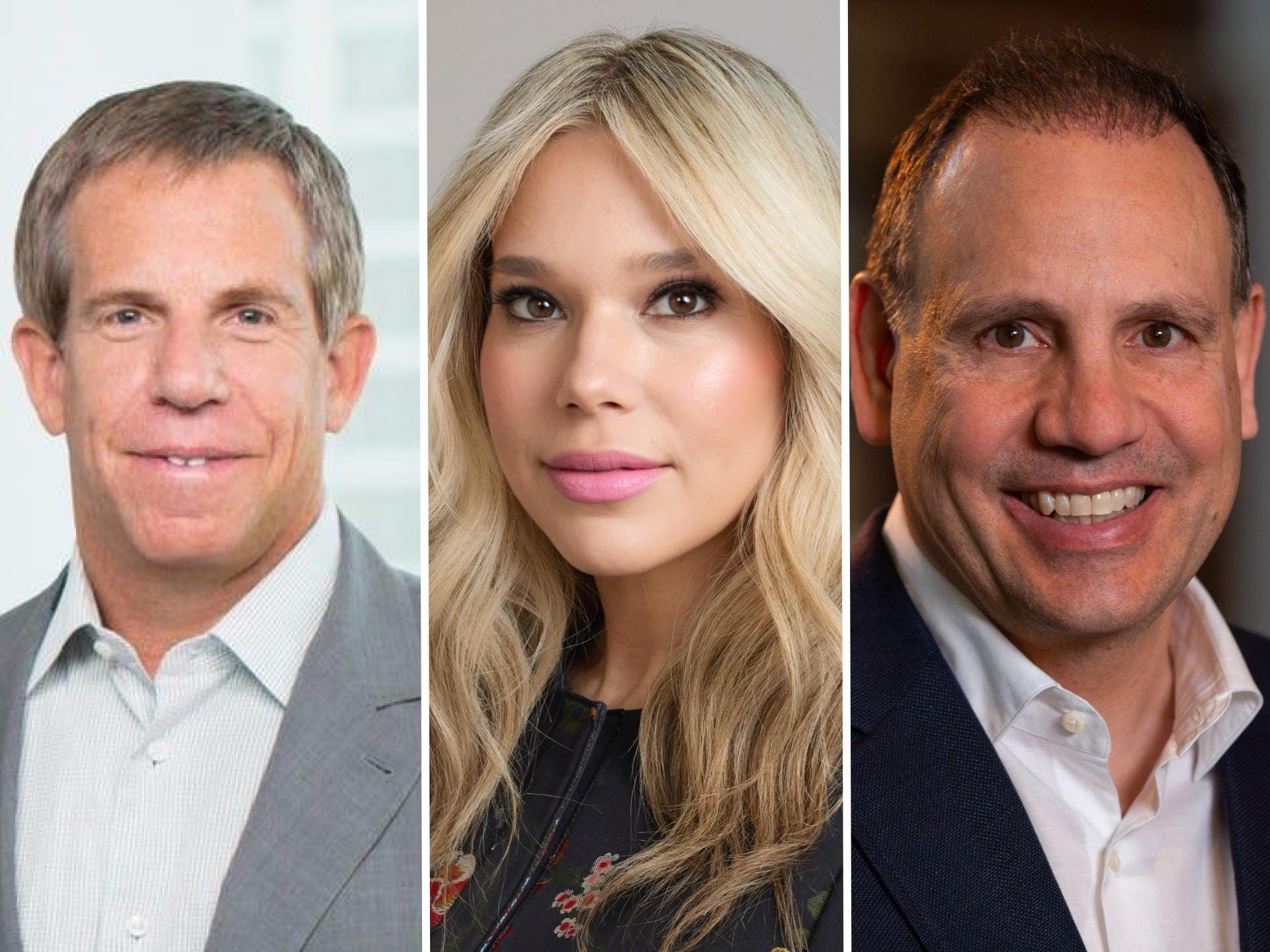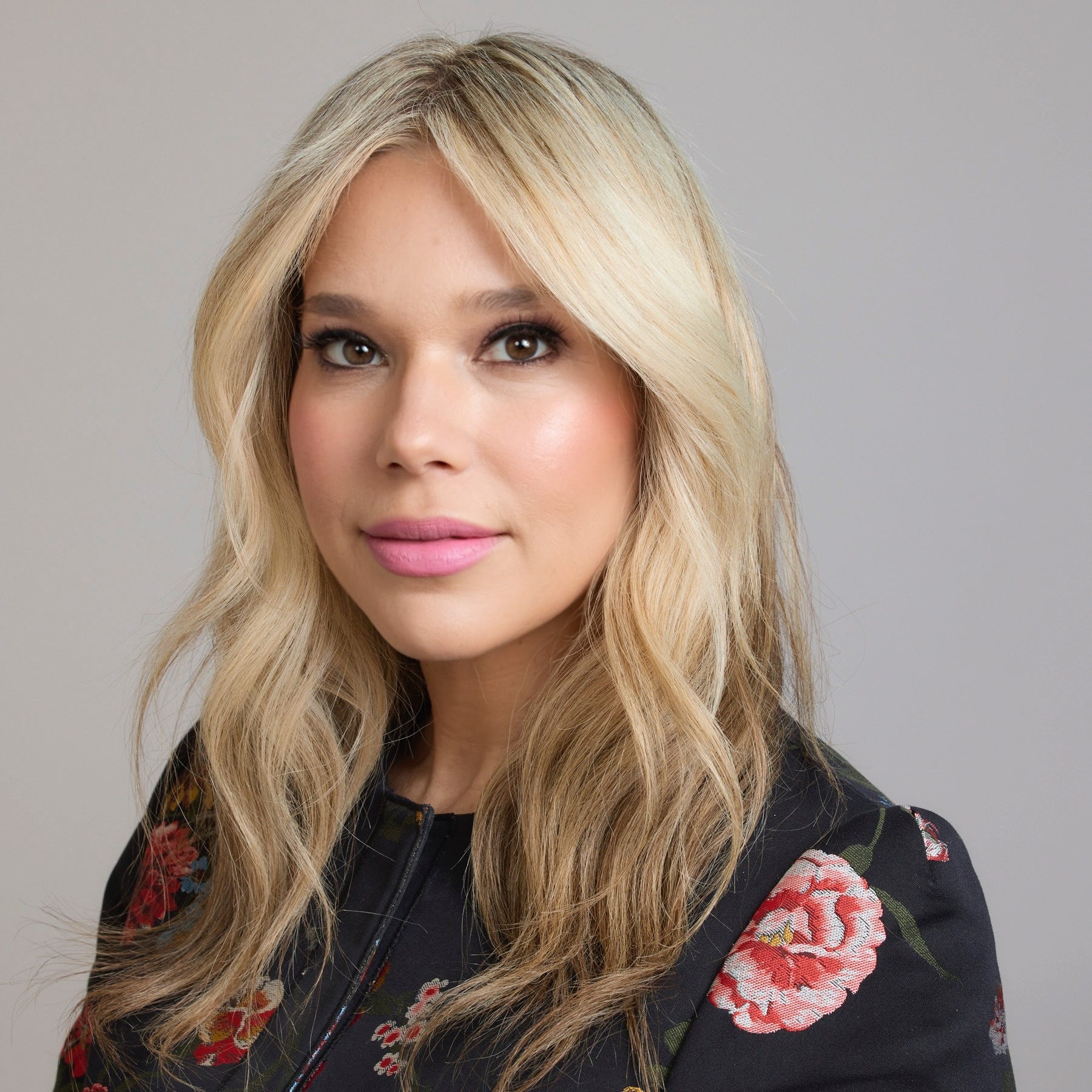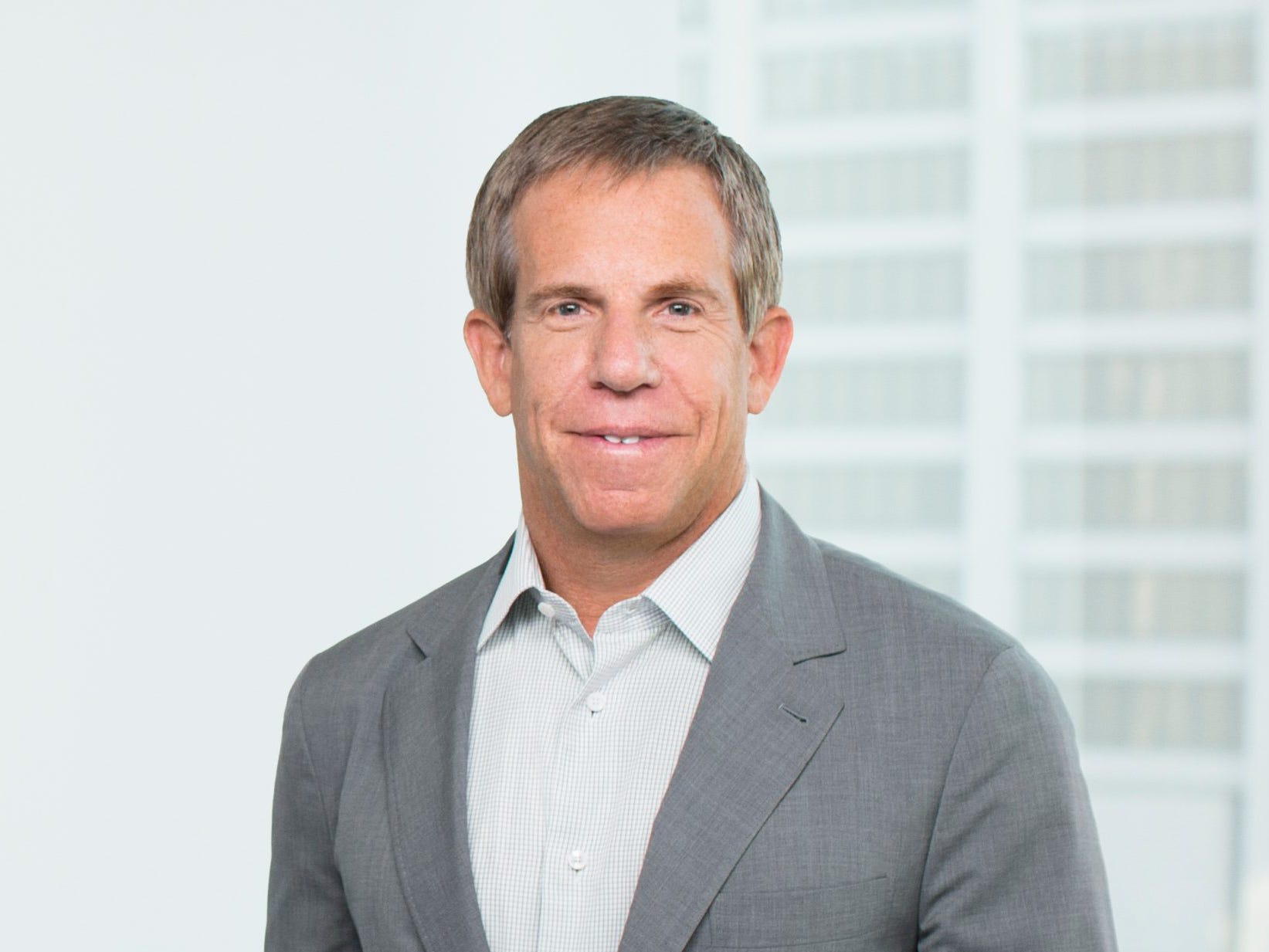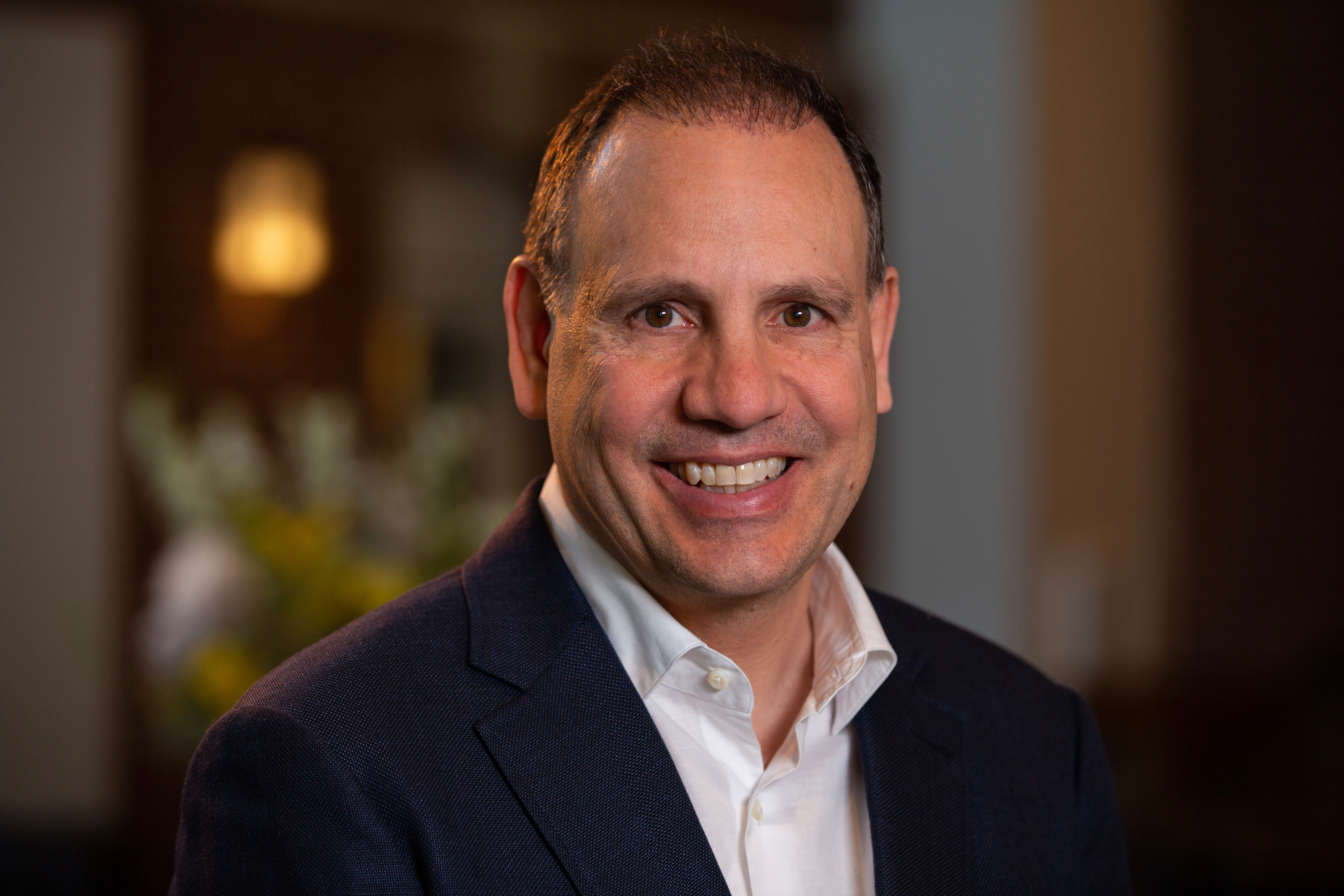
Citadel; Goldman Sachs; Premiere Wealth Partners
There’s an art to conducting a good job interview — especially for high-stakes, high-intensity roles on Wall Street. Hiring managers have to make a spot-on assessment of candidates they don’t know in a short amount of time for roles that can impact their bottom line in a big way. So how do leaders at the top financial firms do it?
It’s all about asking the right questions.
Business Insider spoke with three Wall Street executives across business lines, firms, and expertise to get insight into their approach to interviews. We asked each of them to share the one question they ask in every interview — and what they’re hoping to learn from it.
We heard from a trader who previously worked at Citadel and started his own hedge fund, a partner and veteran at Goldman Sachs, and a CEO who runs a wealth management firm.
Their answers revealed that they try to avoid obvious and predictable “stock” interview questions in favor of ones that help uncover what type of person the applicant is. Their responses have been edited for length and clarity.
Question: Can you pitch me an idea?

Goldman Sachs
Sara Naison-Tarajano is the global head of private wealth management capital markets at Goldman Sachs. She runs the firm’s Apex family office coverage and the Partner Family Office. Naison-Tarajano started at Goldman as an intern in 1999, and has been with the bank her entire career. She was named partner, the firm’s highest ranking below the C-suite, in 2021.
“I like to ask people to pitch me an idea. It can be a single stock, it can be a company, it can be a macro idea — I don’t care what it is. It can be public, it can be private. But I really want to think about how they communicate, because for what I do, there’s an art to how information is transmitted,” she said.
“Then I ask them follow-up questions that are sometimes really difficult. Sometimes they might not know the answer to it, but how they respond to that, how they handle pressure, how they articulate their thoughts, whether they ask me that they want to come back to me and do some more work — all of those things sort of create a narrative that helps me understand how this person is going to deal with a little bit of the unexpected.”
Question: How have you pivoted into a position of strength to win, not just in business but also in your personal life?

Citadel
Rich Schimel is the chief investment officer of Cintive Capital, a multi-manager investment platform he co-founded in 2019 that’s focused on stock-picking strategies. Before that, he was a senior managing director at Citadel’s Aptigon Capital. Schimel was also the cofounder of Diamondback Capital, a multibillion-dollar hedge fund that shuttered in 2012.
“In interviews, I ask, ‘How has the person, not just in business but also in their personal lives, pivoted into a position of strength to win?'”
“By asking this question, I aim to identify those who can recognize their potential and are willing to reposition themselves strategically to excel and exceed expectations. Not everyone possesses this capability, but those who do often stand out as dynamic and resilient individuals.”
“Consider a quarterback on a football team who might excel in a different position due to untapped talents. The ability to pivot, recognizing one’s strengths and weaknesses, is crucial yet rare. Many individuals remain stagnant, adhering to familiar roles and routines without the flexibility to explore new opportunities.”
Question: What are you highly proficient at and highly passionate about?

Premiere Wealth Partners
Michael Lehman is the chief executive officer of Premiere Wealth Partners, a New Jersey-based wealth management firm with $1.2 billion in assets that he helped launch in 2023. Lehman previously ran a wealth advisory group at Merrill Lynch for more than a decade, and worked at Wells Fargo before that.
“We like to ask this, because there is a relationship between passion and proficiency and how we best spend our time: ‘What are you highly proficient at and highly passionate about?’ And conversely: ‘What are you low proficiency at AND low passion for?'” he said.
“This tells us where they feel their strengths are. Then, they’re compelled to answer the ‘low passion/low proficiency’ question, which yields interesting conversations. If the answer is ‘I can’t think of anything,’ then we’re working with someone who is not vulnerable or self-aware, which is something very important to us.”
The post From hedge funds to banks: 3 execs reveal their go-to hiring question appeared first on Business Insider.




